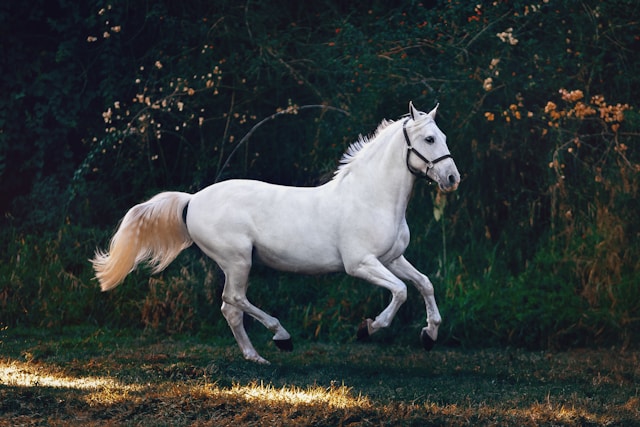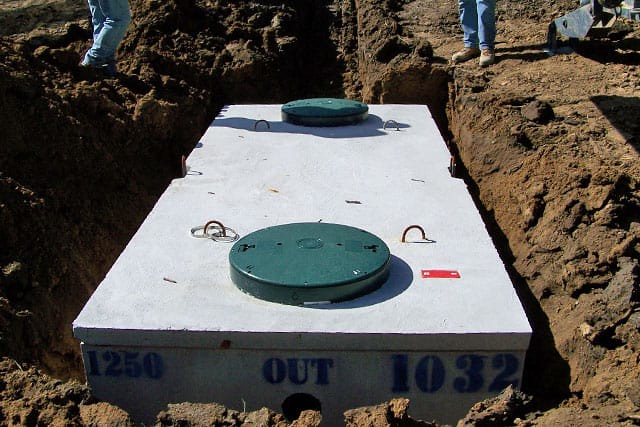The wellbeing of your equine partner is just one of the many obligations that come with taking up horse ownership. Understanding the aspects of equestrian insurance is critical in this complex field. This offers peace of mind for your equestrian endeavors and guarantees security against unanticipated events. The importance of products like horse mortality insurance becomes crucial while examining different insurance options. It is the cornerstone for protecting your financial and emotional commitment in your horse.
Types of Coverage for Your Horse
In detail, full horse mortality insurance coverage is much like a life insurance policy for your horse, offering compensation in the unfortunate event of death stemming from either accident, illness, or injury. It’s a fundamental type of policy that provides a foundation for broader protection. Primary medical coverage, for example, acts as a supplemental plan that addresses the costs associated with veterinary care for unexpected medical situations. This can encompass surgical procedures, medications, and even aftercare. Another often-considered option is loss-of-use insurance, which recognizes the potential loss of the horse’s abilities and any associated income or enjoyment derived from its use. Such a policy is crucial for horses with high competitive or breeding value.
Factors Influencing Equine Insurance Costs
Equine insurance premiums are not a one-size-fits-all figure and can be influenced by various factors related to the horse. The horse’s age plays a significant role, with younger horses generally incurring lower costs due to their expected longer lifespan and lower risk of health issues. The breed of the horse is also a factor in the equation, as some breeds are predisposed to certain health conditions that may increase the risk and, consequently, the premium. The horse’s intended use—whether for pleasure riding, competition, or breeding—also influences costs, given the various levels of risk associated with each activity. Additionally, geographic factors such as the prevalence of certain diseases in an area or the cost of veterinary services can affect insurance premiums.
Choosing the Right Policy for Your Equine Partner
Selecting the perfect insurance policy for your horse is akin to tailoring a suit – it requires careful measurement and consideration of all aspects to ensure a perfect fit. This means undertaking a thorough assessment of your needs, understanding your horse’s risks, and finding an insurance plan that can provide adequate coverage without unnecessary overhead. Comparison shopping amongst potential insurance providers is more than prudent; it’s a step that could lead to substantial savings and better coverage in the long run. Diligent attention to the finer points of any potential policy is vital. Understanding the definitions, exclusions, and limits can prevent future disputes and disappointments during the claims process.
The Claims Process Simplified
While no horse owner wishes to face a scenario that requires filing an insurance claim, understanding the process is crucial. The claims process begins with immediate notification to your insurance company following an incident. This is followed by gathering necessary documentation, which may include veterinary reports, billing receipts, and proof of ownership. Clear communication with the claims adjuster can facilitate a smoother process, and being informed about common roadblocks in claims—such as missed deadlines or incomplete paperwork—can help circumvent these issues proactively. A systematic approach to claim filing, patience, and persistence often leads to a more favorable outcome.
Equine Liability Coverage Essentials
Liability coverage is another notch in the belt of equine insurance, the invisible shield that protects horse owners from the financial fallout of accidents where the horse may be implicated. This type of insurance is amplified when considering the potential severity of equine-related injuries to people and property damage. Liability insurance comes into play in professional equine businesses and personal horse owners, as even the gentlest of horses can cause accidental harm. This coverage can be a financial lifesaver in litigious situations, providing defense and potential damage payouts.
Specialized Insurance for Unique Equine Activities
Many horses are not just companions but athletes and performers on various stages, from the local horse show circuit to international competitions. These specialized activities bring unique risks and, as such, require tailored insurance solutions. Horse show insurance may cover event cancellation, property damage on showgrounds, or equine transit to and from events. For breeders, foal insurance can offer protection from gestation through the first stages of life. When transporting horses, whether short distances within a state or internationally, insurance is indispensable in providing peace of mind against the perils of travel.
Preventive Care and Insurance
The relationship between preventive care and insurance is synergistic. Regular veterinary check-ups and routine care, such as vaccinations and dental work, can prevent more significant health issues that result in insurance claims. Insurance providers often acknowledge This focus on wellness, with some even offering discounts on premiums for horses under regular veterinary care. It incentivizes horse owners to maintain their horses in peak condition, effectively diminishing the need for significant medical intervention and reducing the probability of claim filings.
Understanding Exclusions and Limitations in Equine Insurance
No insurance policy is an open-ended guarantee, which is why understanding the exclusions and limitations within the fine print of your equine insurance policy is essential. Standard exclusions include:
- Pre-existing conditions.
- Certain behaviors of the horse.
- Activities not previously disclosed to the insurer.
Limitations can set caps on payouts for specific incidents or outline terms for depreciated value claims. This transparency between the horse owner and the insurer is pivotal in establishing trust and clarity, ensuring the horse owner is adequately informed about the scope of their coverage.
The Future of Equine Insurance
As we look towards the horizon, the future of equine insurance appears both dynamic and promising. Technology and medicine are propelling advancements in horse care, and insurance providers are evolving to keep pace with such innovations. Tools such as genetic testing and telemetric monitoring may introduce new forms of insurability and risk assessment. Awareness of industry trends ensures that horse owners can stay one step ahead, preparing for the insurance needs of tomorrow. The American Horse Publications website sheds light on trends in the equine insurance industry, offering invaluable insights to those looking to fortify their horse’s future. Additionally, as The Guardian article underscores, it’s crucial to be thorough when reviewing your horse insurance policy. Understanding all aspects of your cover can avert surprises and empower you as a responsible horse owner.




